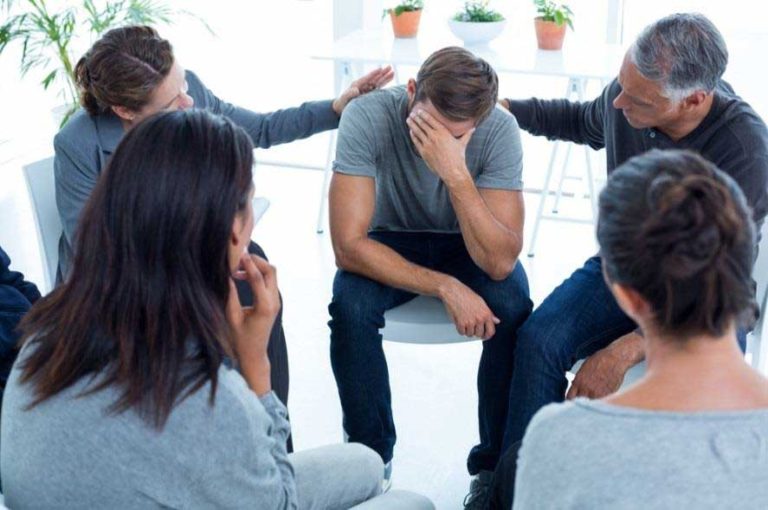The loss of a loved one can cause great emotional upheaval and a lengthy period of intense grief. This grief has the ability to isolate you from friends and other loved ones who don’t understand the depth of the pain you are experiencing.
For years people in this situation often suffered alone in silence because there was little help available, but the situation has been changing.
Grief support groups have slowly grown to fill this void. They can now be found in every major city and many other communities, in churches and hospices, and in free-standing groups like H.O.P.E. The fact that they have now been around for decades and are still growing strongly is an undeniable testimony to their effectiveness. A closer look provides a clearer understanding of why they have been so successful. The many proven benefits include:
- A safe opportunity to connect with and interact with others who have experienced a similar loss, lets you know that you are not alone.
- Validation of your grief and the emotions you are feeling.
- The opportunity to be part of a caring, accepting, non-judgmental group — the only break you get from your loneliness and self-imposed isolation.
- Obtaining information that will help you through your journey and to help you cope with the many challenges you will face.
- The chance to begin your healing process.
- Guidance in starting a new life.
- The opportunity to help others as you are being helped.
- The instilling of hope for a better future, giving you the strength to go on.
While these benefits seem to apply to most grief support groups, not all groups are alike..
- Some support groups are part of larger organizations that only do groups as a minor part of their activities while others do nothing but groups, thereby focusing all of their attention on bringing comfort to those who need it most.
- Some are led by professional counselors while others are led by lay-people who have gone through this loss themselves. One approach tends to be more clinical while the other more experiential, sharing what they have lived through.
- Some groups meet in person while others meet on-line. Both can provide many valuable insights.
- Some deal with the loss of any loved one while others deal with specific losses like a child or a spouse or partner. While there are great similarities in any type of loss, it is recognized that there are also some specific and important differences that many believe is best if you can find a group that deals only with your specific type of loss.
- Some groups meet only for a few weeks, or on a monthly basis. However, grief goes on for a very long time, so it is best to find a support group that gives you the most support possible.
Grief support groups may not be for everyone, but they have proven to be very effective for many. Find one that fits your needs, one where you are comfortable, and your journey through grief should be eased.

